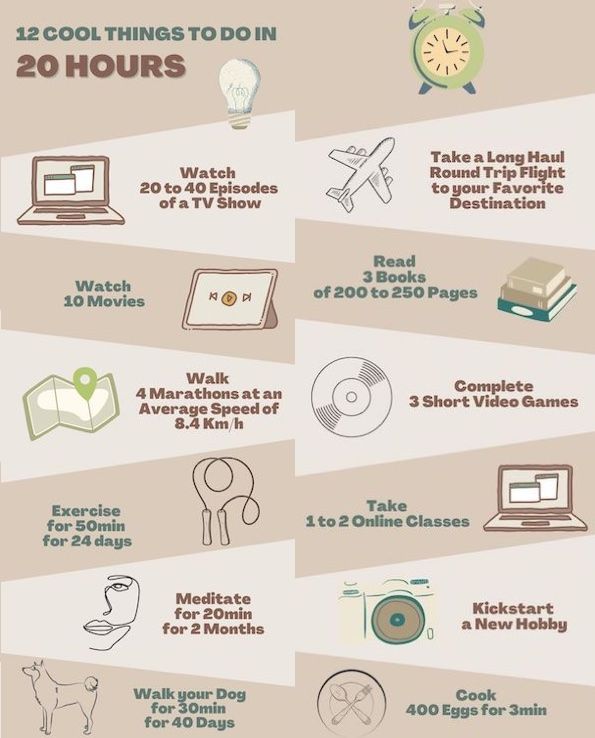How Much of Your Life Has Been Wasted Waiting for Your EV to Charge?

I strongly believe in the vision of transitioning the world to more sustainable transportation to help reduce overall emissions.
Electric Vehicles (EVs) are one of the critical accelerators of that shift. So, I knew I would make the switch at some point when more options at better price levels became available.
My job had been in Abu Dhabi for the past 3 years, but I had decided to stay in Dubai, a city I lived in since 2009, mainly because all my friends and social circle were there.
The commute is about 130Km (~80 miles) each way and takes around 1h:15 from parking to parking.
Given my high daily mileage and how much it was taxing both the environment and my bank account, I wondered if it wouldn’t be wiser to make the leap to an EV sooner rather than later.
At that time, charging and municipality parking spaces were provided for free as an incentive to encourage early adoption. Those perks, combined with other factors such as the relatively low maintenance requirements, the fun driving experience, and the advanced software, led me to make the jump about two and half years ago.
As EVs were relatively uncommon in the region, many friends and people I know were intrigued. It seemed to them that I had just made my life more complicated. Their questions were mostly centered around charging and range.
Do you ever run out of battery in-between cities? Do you have to stop to charge on your way back? Don’t you already have enough devices to charge every day? Phone, watch, headset, tablet, sleep tracker, laptop?
Friends living outside the country had an even more amusing one:
Isn’t gas almost free where you live?
The short answer is that gas prices are not that much lower than in other parts of the world (e.g., it’s only about $0.9 less per gallon than you would pay in the US at the moment). The reason why that is the case could be the topic of another post.
But the most common question was a variation of:
How much of your life will be wasted waiting for your car to charge?
Surprisingly, people worried more about it than my potentially wasted life from the 2h30 daily commute.
After using the car for a couple of months, the unexpected outcome was that you got back quite a bit of your time.
Filling up the gas tank in a station would take about 10 minutes. Assuming 5 minutes refill time and another 5 to get in and out of the station. Given my daily commute, 2 refills per week would be required, which would add up to about 16 hours per year, excluding a 4-weeks annual leave. Instead, I was charging overnight at my apartment building while asleep and never had to wait. To be slightly more accurate, we can count the 30 seconds it takes to plug and unplug the cable 5 days a week, adding up to about 2 hours per year. On occasions when on a trip during a long weekend break, the car would require 30 minutes at one of the fast-charging points that are combined with commercial retail locations. That time would be needed anyhow for snacking and coffee breaks; usually, the choice was to rest a bit longer than what was required to charge.
The numbers could differ depending on whether home charging is available, the density and speed of the fast charging network, and the geography of the countries where people live. In some cases, the balance could flip in favor of gas cars regarding the refill time economy. Nevertheless, at least when home charging is accessible, lost time waiting for your vehicle to charge is rather a misapprehension.
When home charging is not an option, EV owners can still benefit from other savings not related to charging, such as the time saved on maintenance. EVs don’t require oil and filter changes, and the brake pads last for at least 240,000 Km (~150,000 miles). Considering my yearly mileage, a typical gas car would require about 4 oil changes and 1 brake pad replacement. Assuming an average of 1 hour per oil change and another 2 hours to get the brakes replaced, the yearly savings would add up to 6 hours.
The question is, what can you do with up to 20 hours saved each year?

For example, you could watch 20 to 40 episodes of your favorite TV Show, watch 10 typical-length movies, walk 4 marathons at an average speed of 8.4 km/h (5.2 mph), exercise for 50 minutes for 24 days, meditate for 20 minutes for 2 months, walk your dog for 30min for 40 days, take a long haul round trip flight to your favorite remote destination, read 3 books of 200 - 250 pages, complete 3 short video games, take 1 to 2 online classes, kickstart a new hobby or cook 400 eggs for 3 minutes, one at a time.
